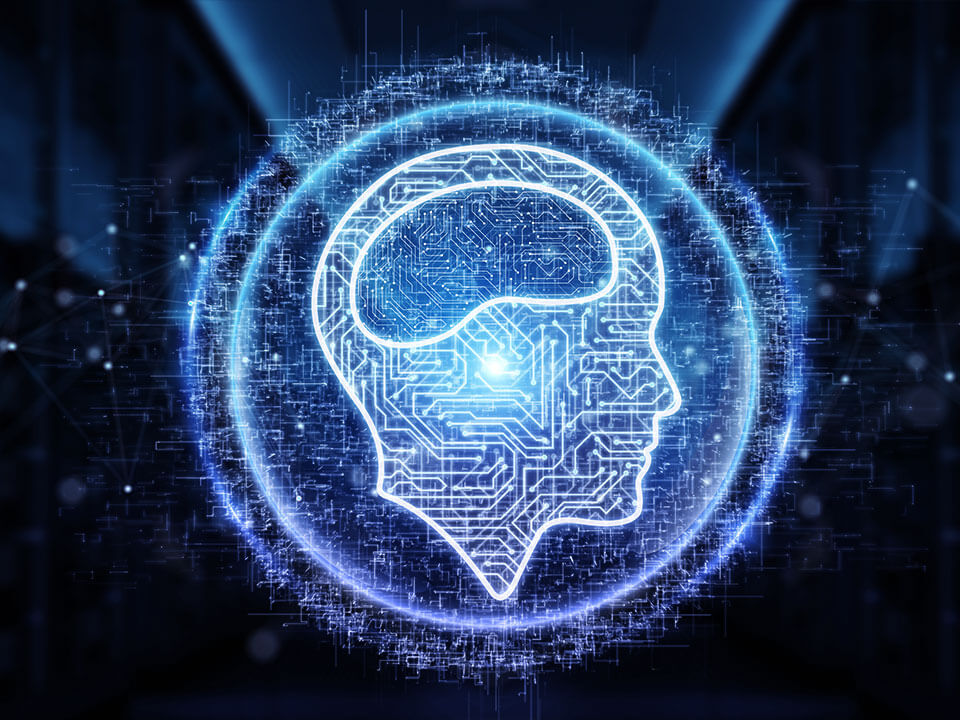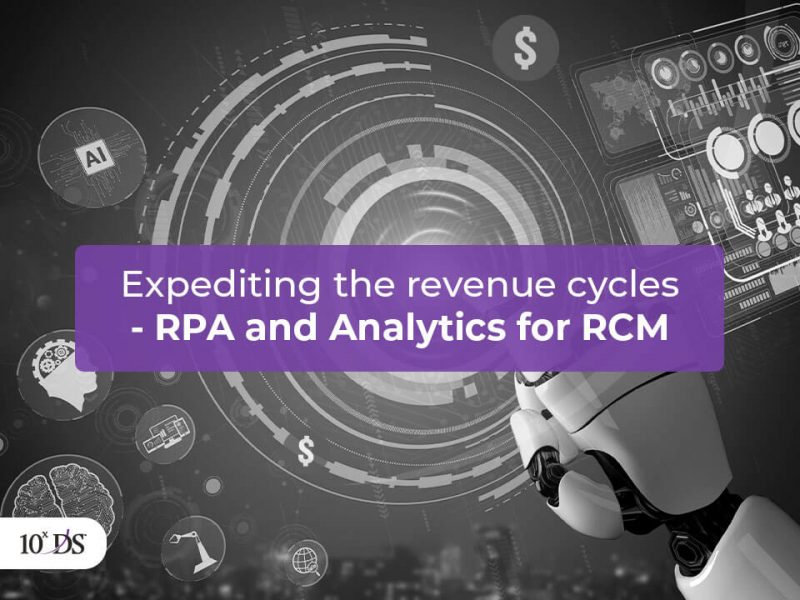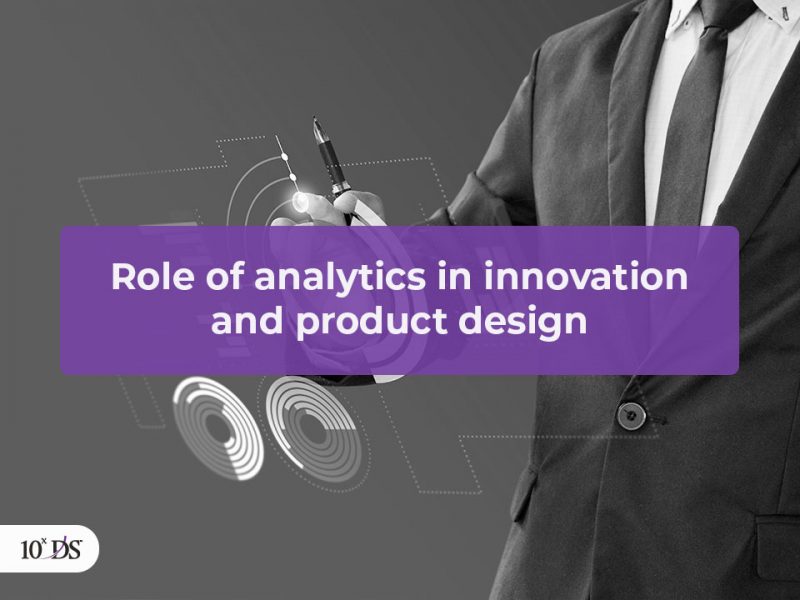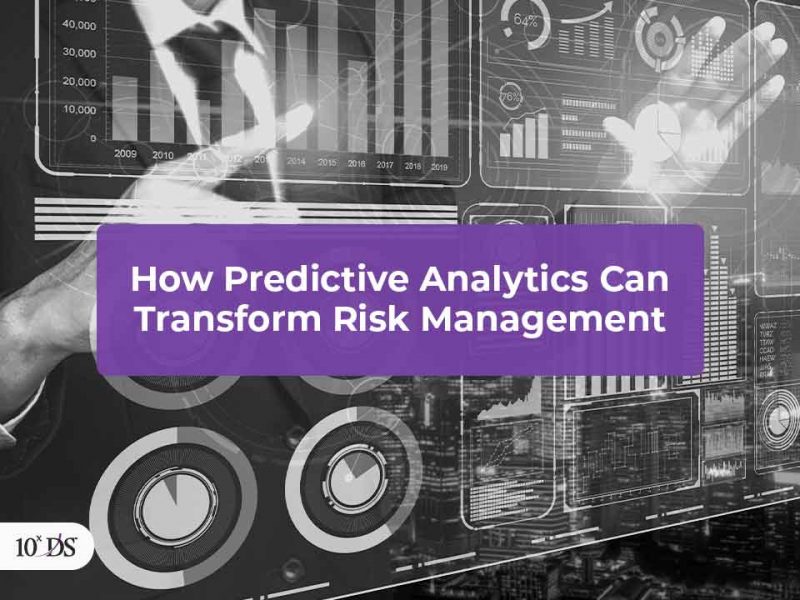
Harnessing the power of Cognitive Analytics to reinvent your business
Data and Analytics (DA) are two of the most trending buzz words in the digital transformation and technology space today. DA caters to a myriad of industries, transforming organizations to deliver high-quality service, identifying new business opportunities and enabling better decision-making. Analytics evolved from 2Ds (Descriptive, Diagnostic) to 2Ps (Predictive, Prescriptive) analytics, and it’s still continuously evolving to add more specialized areas such as Cognitive Analytics, Automated Analytics, Smart Analytics and more.
Cognitive Analytics is the next big paradigm shift towards achieving massive advances in High Performance Computing leveraging advanced Artificial Intelligence and Machine Learning techniques with data analytics approaches.
Empowering businesses with Cognitive Computing and Analytics
Cognitive Analytics applies human-like intelligence to certain jobs giving it an extra edge and self-learning capability to draw futuristic inferences and insights from existing data and patterns. Cognitive Analytics solutions help businesses arrive at critical business decisions and conclusions based on existing knowledge bases.
Inferences are not structured queries based on a rules database, rather could be unstructured hypotheses gathered from several data sources and expressed with varying degrees of confidence level. This is essentially achieved by making use of several intelligent technologies such as semantics, artificial intelligence, deep learning and machine learning.
It uses several visual perceptions, speech recognition, decision-making and NLP (Natural Language Processing) concepts to make sense of previously untapped data from rich sources such as conversational logs, feedback, reviews, social media and so on.
Applying such techniques, a cognitive application gets intelligent, smarter and more effective over a period by learning from its interactions with data and humans.

How Does Cognitive Computing Work?
Cognitive Computing is highly dependent upon the Deep Learning and Neural Network. Deep Learning based on the architecture known as Deep Learning Neural Network has emerged from the Neural Network architecture.
In order to implement cognitive computing in commercial and widespread applications, a cognitive computing system must have the following features:
1. Adaptive
Cognitive applications must be adaptive in nature, capable of integrating latest or frequently changing data feeds like real-time, or near real-time, to master ambiguity and unpredictability.
2. Interactive
The cognitive system must be able to interact easily with users so that users can define their needs comfortably. Similarly, it must also interact with other processors, devices, and Cloud services.
3. Iterative and Stateful
The system should remember previous interactions in a process and return information that is suitable for the specific application at that point in time. It should be able to define the problem by asking questions or finding an additional source. For this, ensure that the cognitive system is always provided with enough validated quality information and that the data sources it operates are reliable and up to date.
4. Contextual
Cognitive applications should be able to understand, identify, and extract contextual elements such as meaning, syntax, time, location, appropriate domain, process, task and goal. It must draw on multiple sources of information, including both structured and unstructured digital information.
5. Dark Data Compatibility
Cognitive computing systems should be able to deal with “dark data” such as social media postings, EMR notes, fitness device readings, unstructured images, videos and the digital or non-digital documents generated by users in day to day life. Cognitive Computing applications process such multi-structured and unstructured dark data along with structured information to pull out non-obvious insights and subject it to analytics.
Benefits of Enabling Cognitive Analytics
Businesses embracing cognitive analytics initiatives users witness significant growth in business, enhancing customer engagement and efficiency. Let’s look at some of the benefits:
Customer Engagement
Cognitive Analytics can help businesses improve Customer Service, enable Personalized Customer Experience, enhance customer engagement and enable faster response to market needs.
Productivity and Efficiency
Cognitive Analytics offer improved productivity and efficiency, enable better decision making and planning, improve security and compliance, reduced security, costs and enhanced learning experience.
Business Growth
Cognitive Analytics helps companies to expand the business into new markets and enable accelerated innovation of new products/services.
Cognitive Frameworks and Cognitive computing landscape
Some of the open cognitive frameworks include Deep-learning NLP, Apache Spark DL Pipelines, PyTorch, OpenNLP, GATE, among others. Apache Lucene Core is a full-featured text search engine. SyntaxNet is an open-source Neural Network framework for developing natural language understanding systems. TensorFlow is another software library for Machine Intelligence. NuPIC is a platform for cognitive computing, based on a theory of neocortex called Hierarchical Temporal Memory (HTM). OpenCV and ImageJ are libraries for computer vision tasks. Praat is a tool for speech manipulation, analysis, and synthesis. OpenSMILE is another tool for extracting audio features in Real-Time.
Presently, the cognitive computing landscape is dominated by large players like IBM, Microsoft, and Google. IBM, one of the pioneers in the cognitive computing landscape, developed IBM Watson, bringing in a new era of computing based on the ability to interact in natural language, process vast amounts of disparate forms of big data, and learn from each interaction. Meanwhile, Google has its own machine learning platform, DeepMind helping developers build models based on its open-source TensorFlow library. Microsoft Azure is another popular framework having apps, websites, and bots with intelligent algorithms to understand and interpret user requirements through natural methods of communication to streamline enterprises. Another popular, reliable, scalable, and low-cost infrastructure platform in the cloud is Amazon Web Services that empower businesses. With these advances tools, cognitive analytics applications are tend to gather adoption at a faster pace to curb pressing problems of various industries.
Top Cognitive Analytics applications from real world.
Healthcare: Personalized Treatment Plans
Cognitive analytics revolutionizes healthcare by enabling personalized treatment plans tailored to individual patients. By analyzing a wealth of data, including patient medical histories, genetic information, lifestyle factors, and real-time health metrics, cognitive systems can provide highly customized recommendations. For instance, in oncology, cognitive analytics can assess genetic mutations and the patient’s response to previous treatments to suggest the most effective therapy options. This approach not only enhances the effectiveness of treatments but also minimizes adverse effects, ultimately leading to improved patient outcomes and more efficient use of healthcare resources.
Finance: Fraud Detection
In the financial sector, cognitive analytics plays a crucial role in fraud detection and prevention. Financial institutions face constant threats from fraudulent activities, ranging from identity theft to complex financial crimes. Cognitive systems analyze vast amounts of transactional data, identifying patterns and anomalies that may indicate fraudulent behavior. By leveraging machine learning and predictive analytics, these systems can detect suspicious activities in real time, flagging potential fraud before it can cause significant harm. This proactive approach not only protects customers and reduces financial losses but also strengthens trust in financial institutions.
Retail: Customer Insights
Retailers harness the power of cognitive analytics to gain deep customer insights, enhancing their ability to deliver personalized shopping experiences. By analyzing data from various sources, including purchase histories, social media interactions, and online browsing behaviors, cognitive systems can predict customer preferences and buying patterns. This enables retailers to offer tailored product recommendations, targeted promotions, and personalized marketing campaigns. As a result, retailers can increase customer engagement, boost sales, and foster brand loyalty. Furthermore, understanding customer sentiment through sentiment analysis helps retailers address concerns promptly and improve overall customer satisfaction.
Conclusion
Cognitive analytics is gaining momentum as several companies are harnessing its power to solve problems across a wide range of industries. This new paradigm is capable of understanding, learning, recognizing and reproducing how the human mind works. Moreover, cognitive analytics is revolutionizing relationships between people and machines as applications get smarter and more effective over time by learning from its interactions with data and with humans.
Want to gain further insights into 10xDS Cognitive Analytics solutions and Analytics practice? Talk to our Data Experts!


